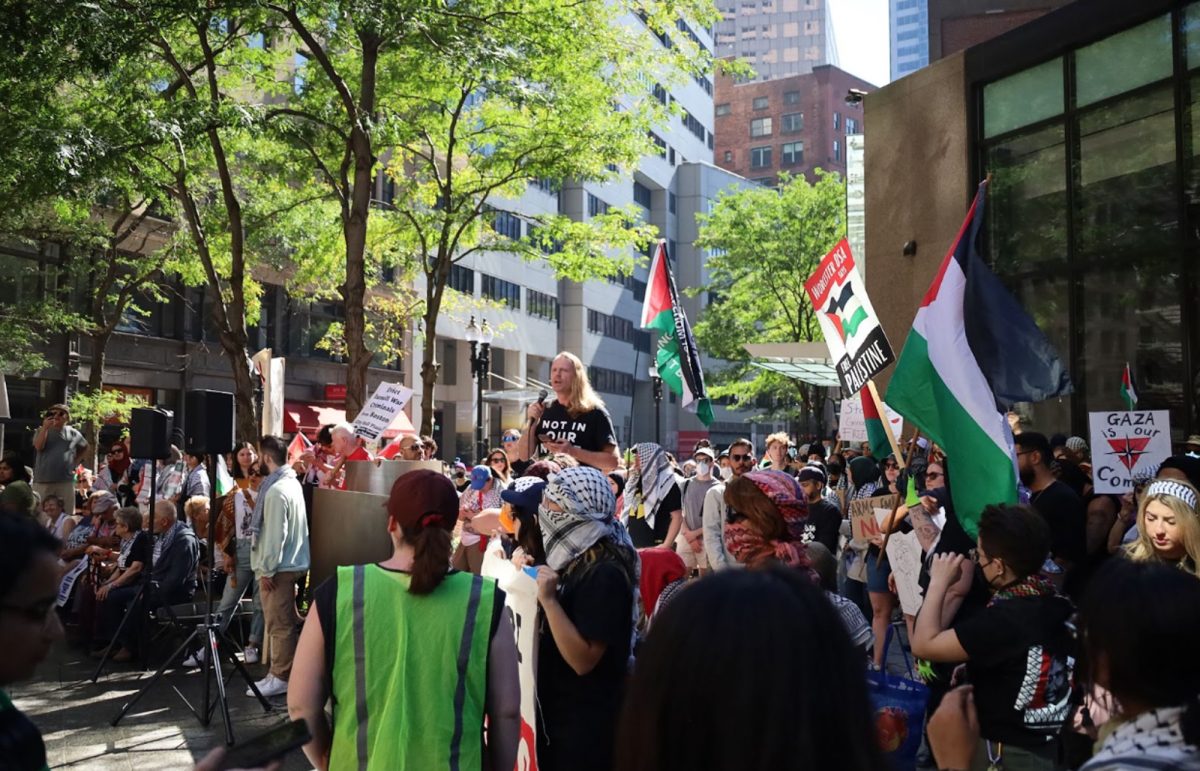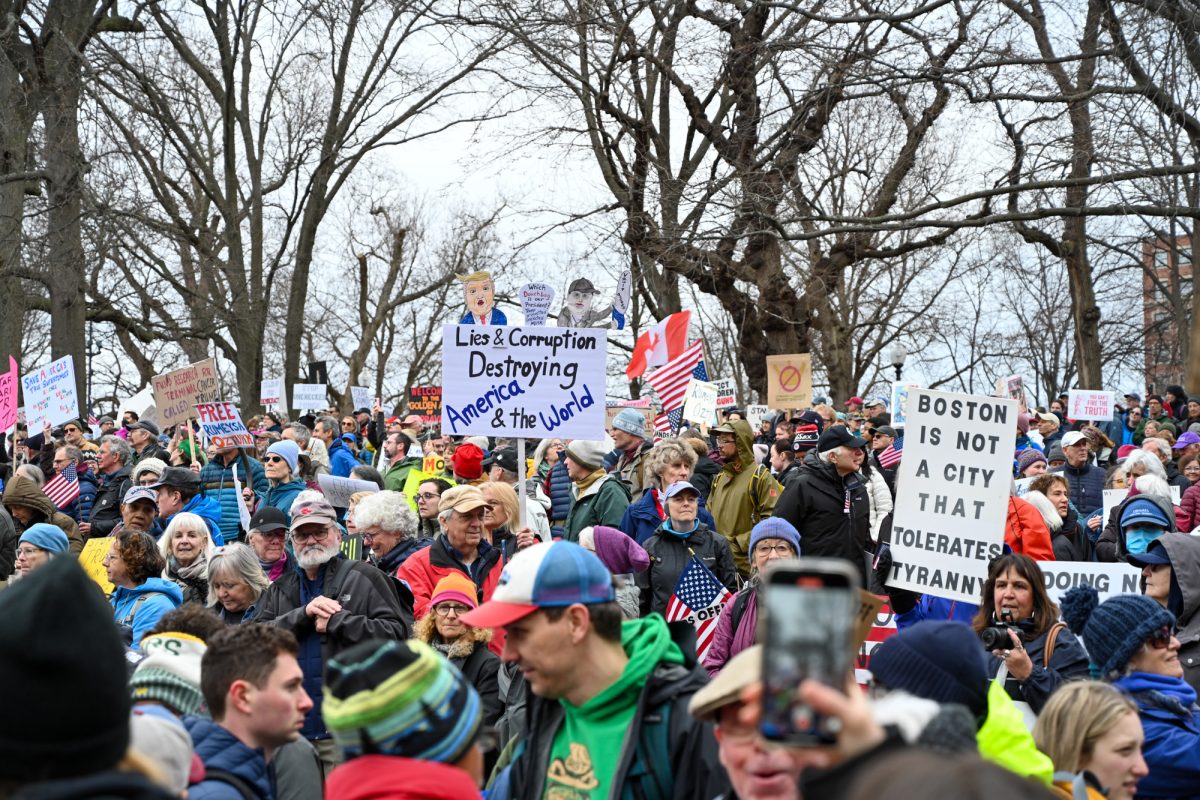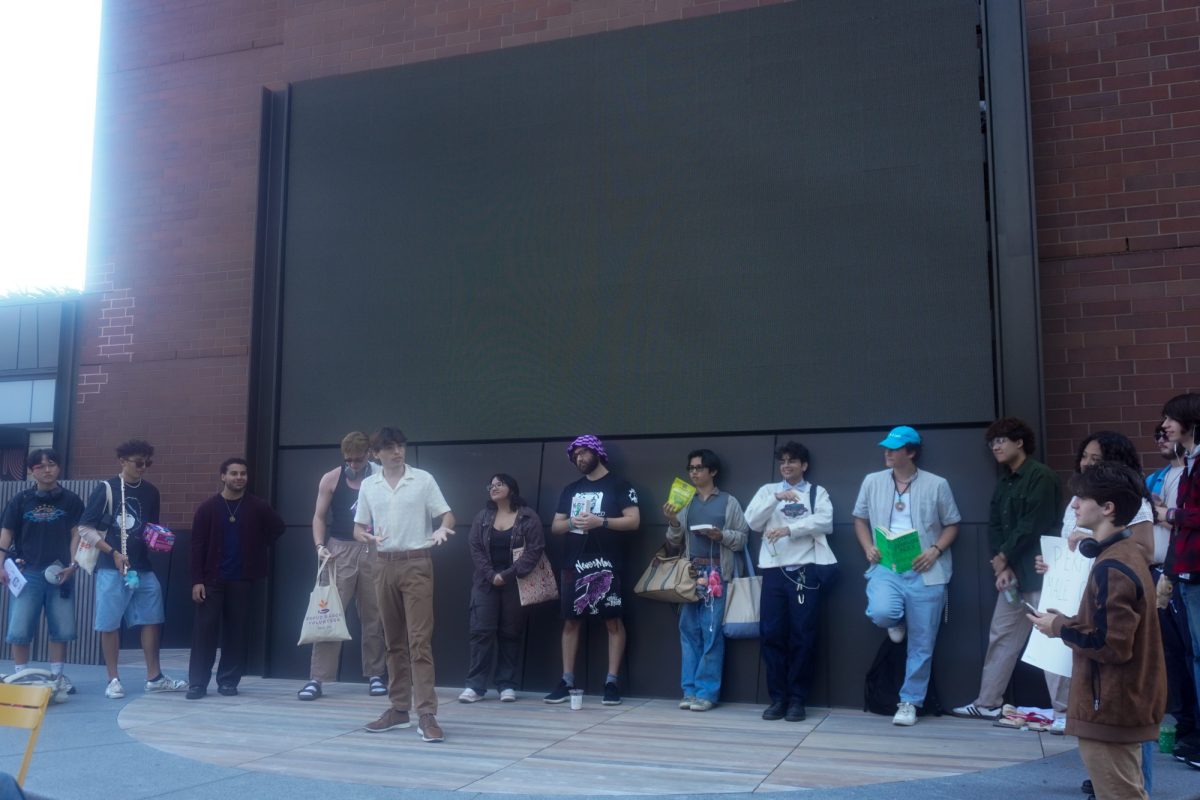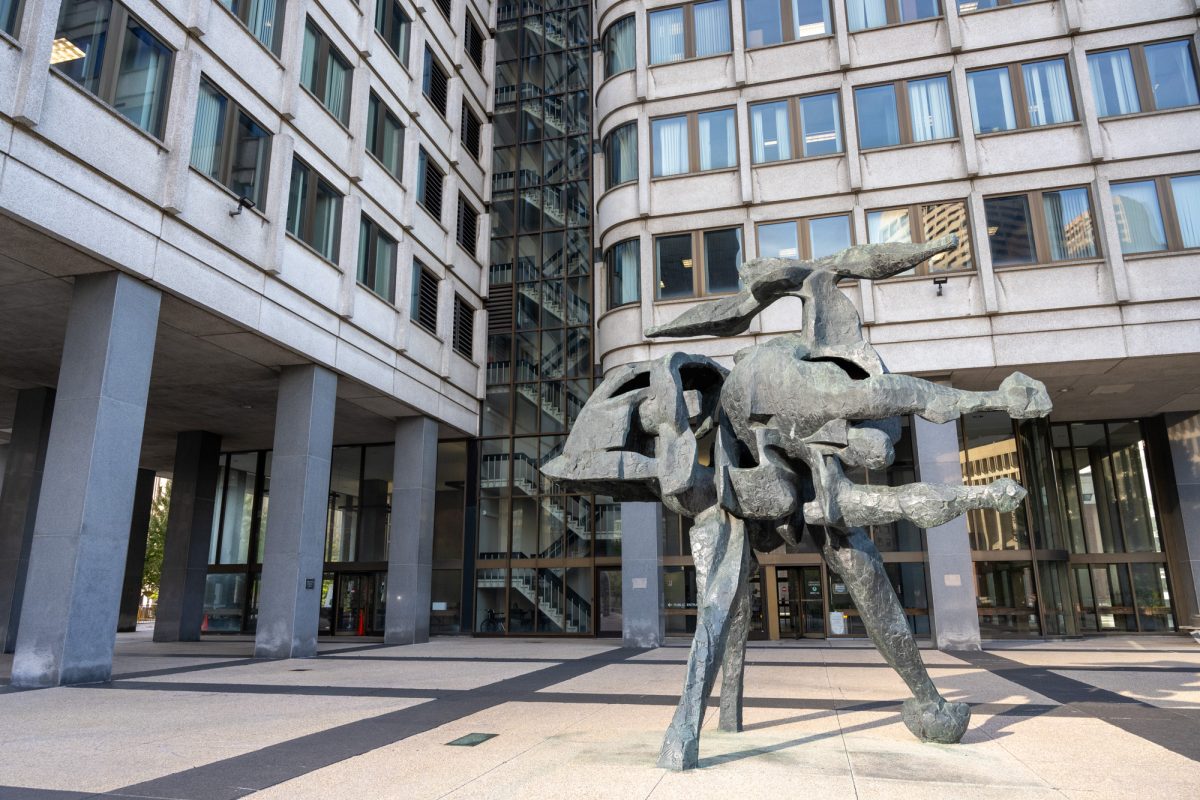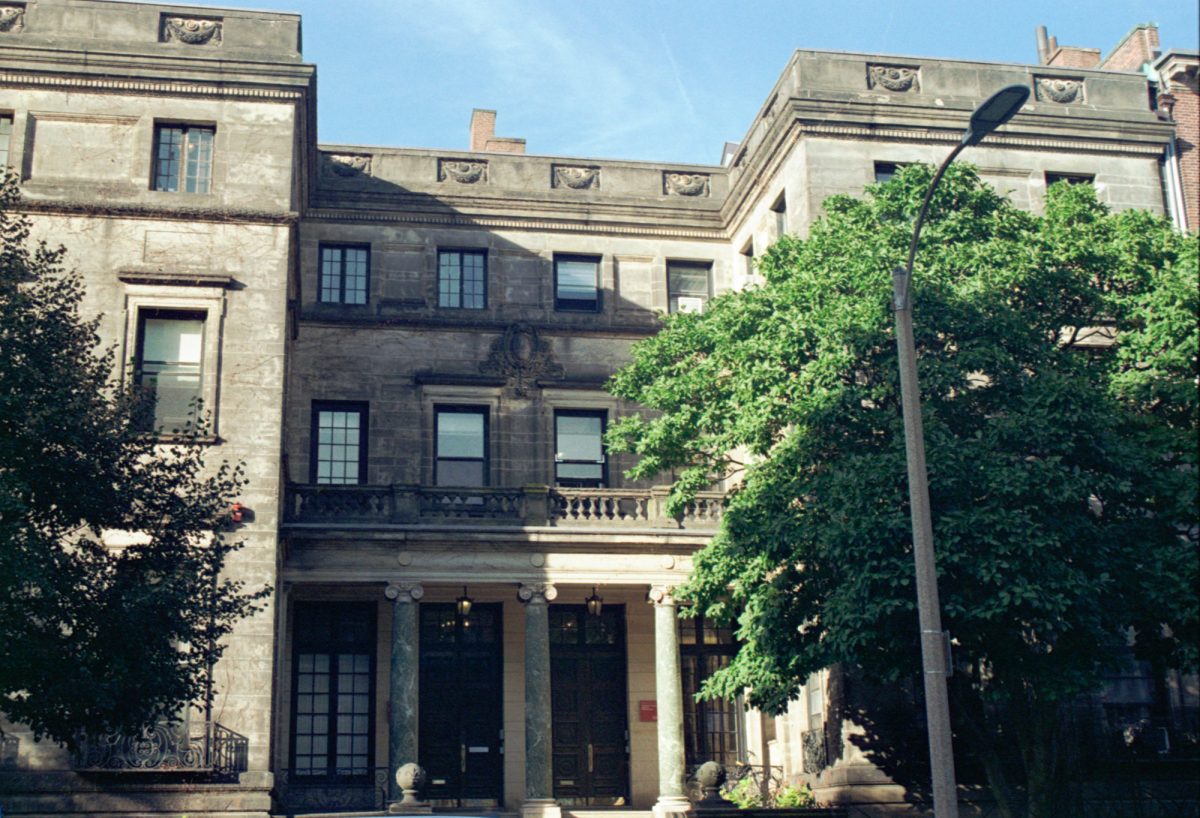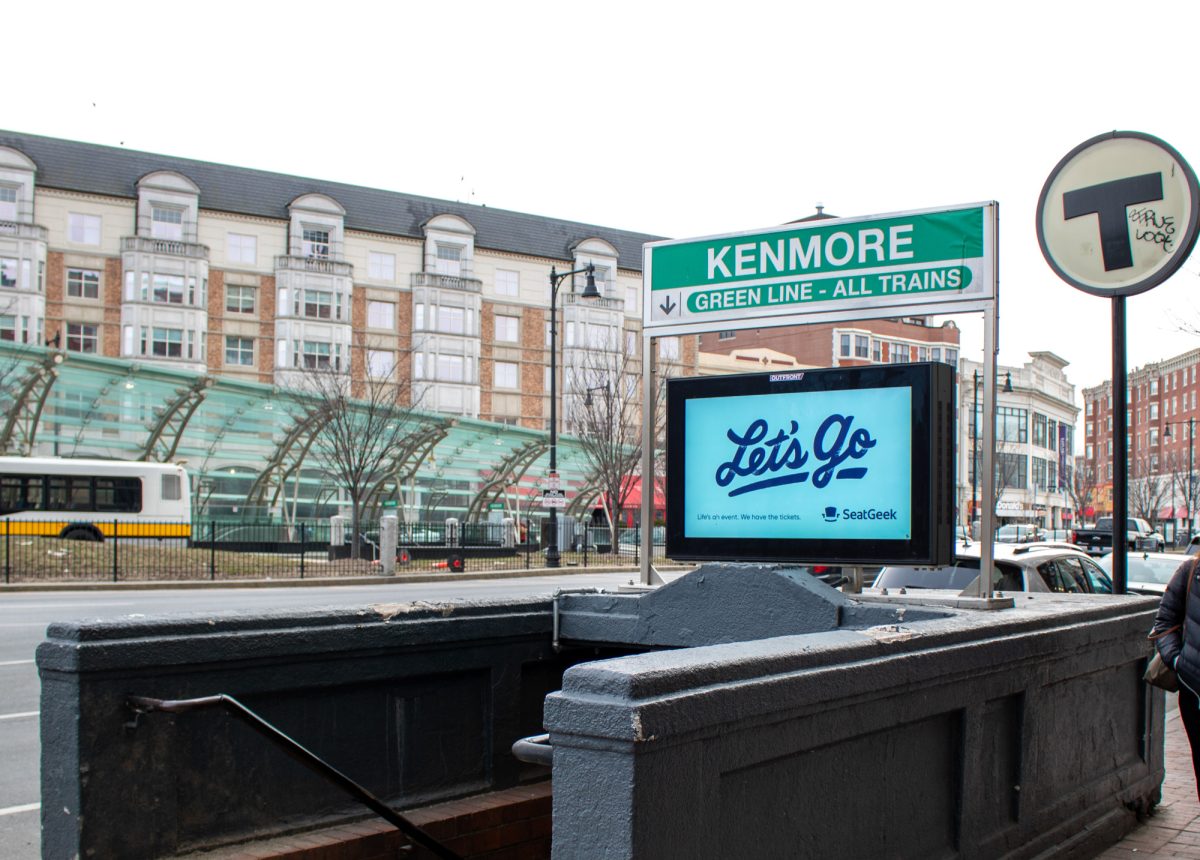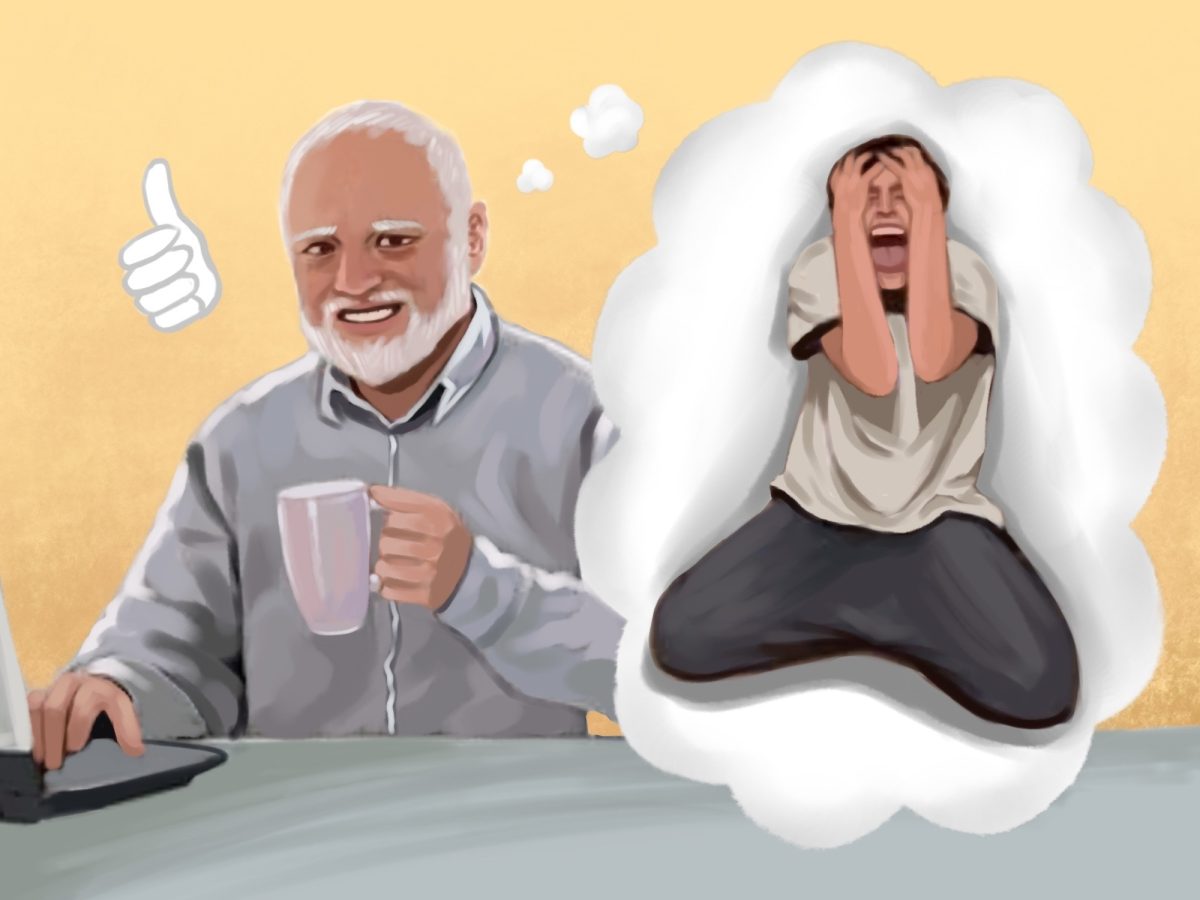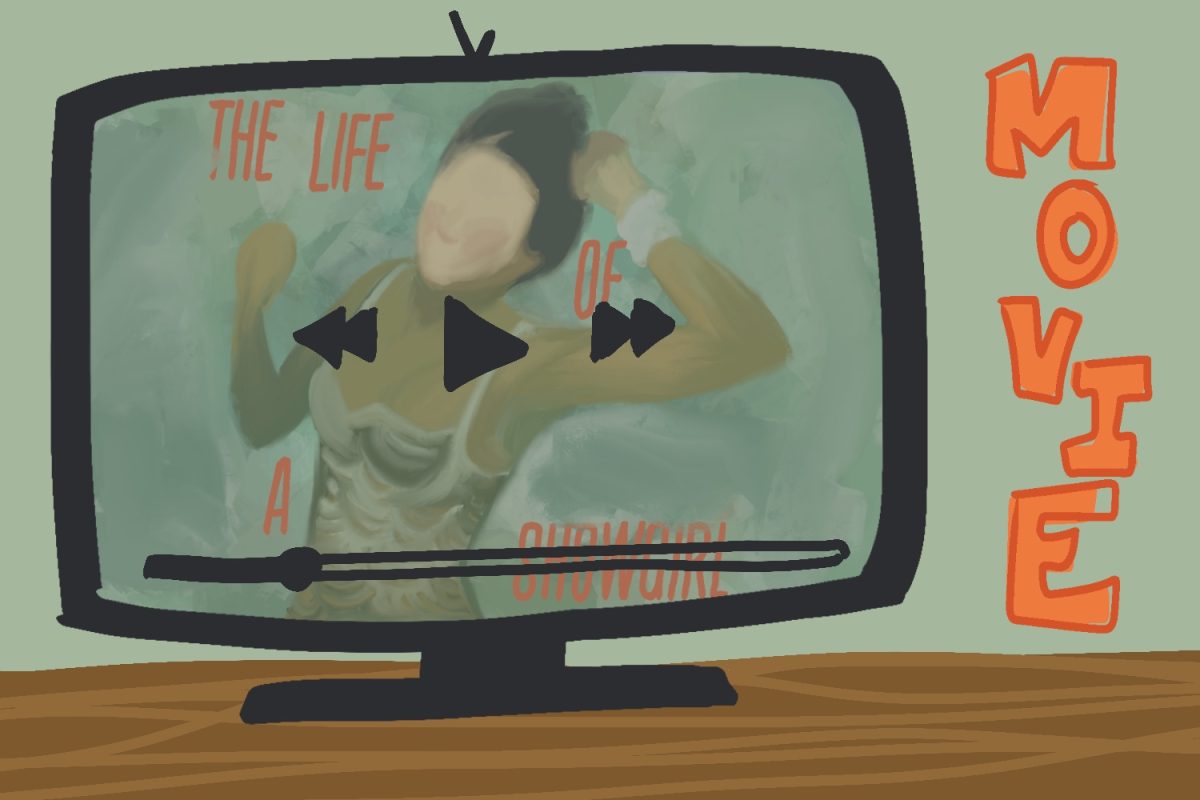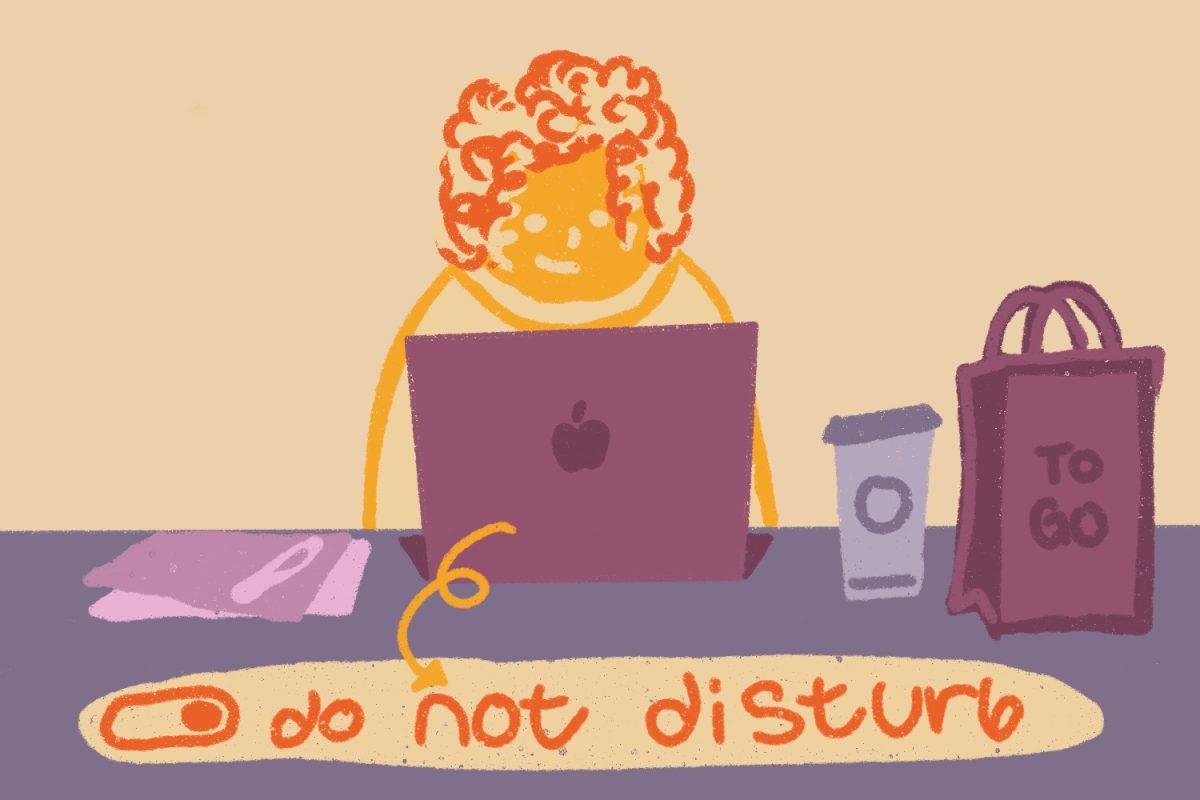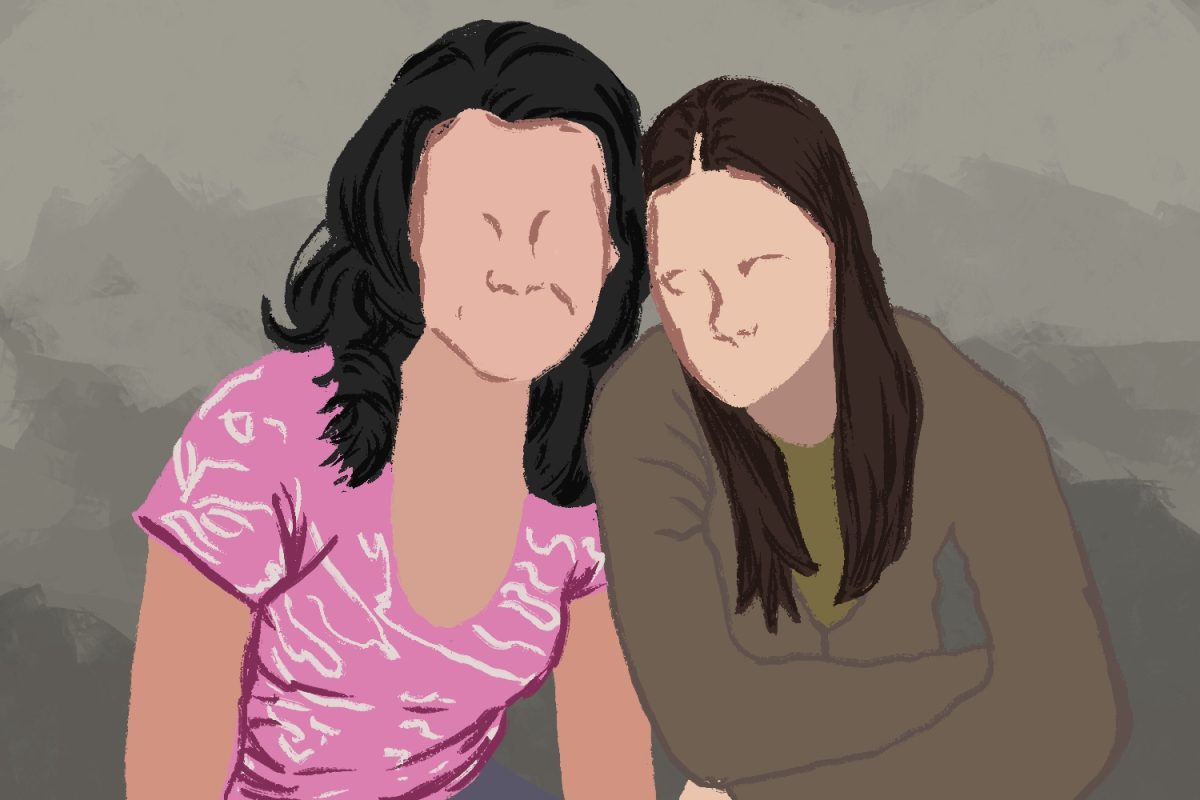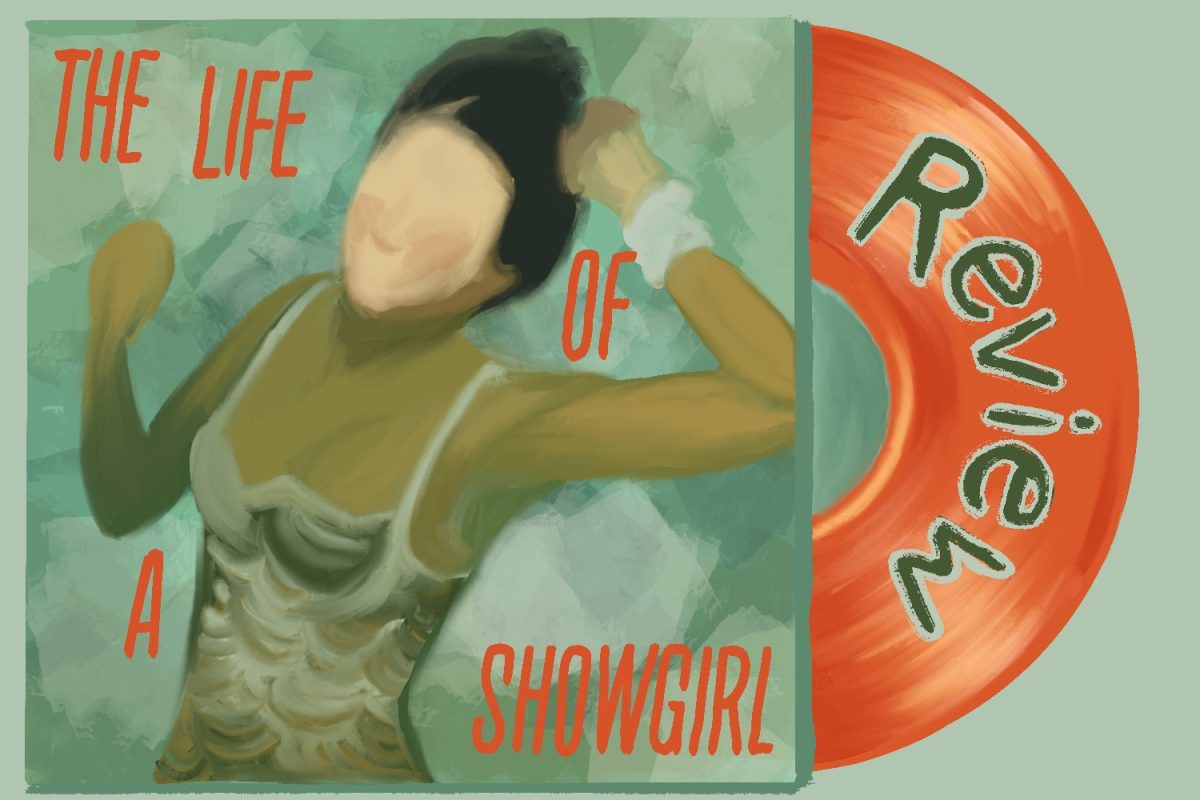Realistically, everyone thought Ousmane Dembélé would win the Ballon d’Or. Well, everyone other than FC Barcelona fans — and that one journalist who, for some reason, voted for Scott McTominay — but I suppose denial is a pretty effective coping mechanism.
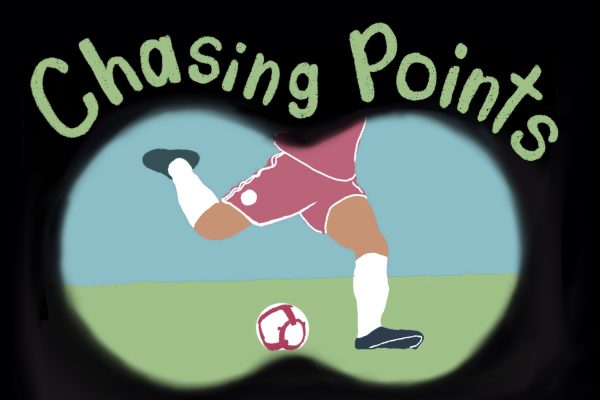
That’s not the full story, though. Dembélé has been touted as a future Ballon d’Or winner since his very first season playing professional football.
He found his first football team, Madeleine Évreux — and although that sounds more like a fancy perfume than a place to nurture young talent, the move worked out pretty well for young Ousmane, as he quickly found a spot on the radar of Stade Rennais and their prestigious youth academy.
Here, I should mention just how good Rennes’ academy is: Petr Čech, Eduardo Camavinga, Raphinha, Désiré Doué, Jérémy Jacquet and now, of course, Dembélé. He made his debut for Rennes’ senior team Nov. 6, 2015 and scored his first senior goal just a couple of weeks later on the 22nd.
From there, he scored goal after goal after goal, finishing the league season with 12 goals, five assists and one comparison to Cristiano Ronaldo — straight from Rennes’ sporting director, Mikaël Silvestre. Not bad.
A few weeks later, Germany came calling, and Dembélé got on a plane to Borussia Dortmund for a fee of €35 million.
He scored his first league goal in a 5-1 win, his first Champions League goal in an 8-4 win and even scored early in the DFB Pokal final vs. Eintracht Frankfurt, breaking a five-year major title drought for one of Germany’s supposed sleeping giants. I say “sleeping giants,” but it was more like Bundesliga clubs were being smothered to death by Bayern Munich.
All in all, Dembélé racked up 17 goal contributions and an easy route into the Bundesliga Team of the Season by winning Rookie of the Year. Neat.
And then came that big move to Barcelona for €148 million, making him the then-second-most expensive footballer ever. But just as OneRepublic began to play “Counting Stars,” Dembélé stopped counting starts, suffering injury after injury — including a torn biceps tendon in his right knee, a genuinely horrific injury — and missing a substantial amount of games over seven seasons.
This doesn’t look good, but it doesn’t necessarily mean he’s injury-prone. He was simply overplayed a lot during his formative years, and that kind of workload puts serious stress on your muscles. Anyway, between the injuries he still managed to score 40 goals for Barcelona, win a World Cup with France and transfer to Paris Saint-Germain.
While Dembélé performed relatively well during the 2023-24 season, the real challenge would be 2024-25. PSG’s old guard was gone — Neymar, Mbappé, Messi — and the “main man” spot was there for the taking.
Luis Enrique, PSG’s manager and arguably one of the best coaches of all time, shifted Dembélé from the right wing to a more central role, essentially playing as a false nine.
Furthermore, Luis Enrique afforded Dembélé a lot of freedom. He could go where he wanted and when he wanted, so Dembélé decided to walk onto a list of only 10 footballers to have won the World Cup, Champions League and Ballon d’Or.
And everything just … clicked. Dembélé featured in 29 Ligue 1 matches, completing the equivalent of 19.2 full games and producing at a rate of 1.40 goals plus assists per 90, finishing with 27 G+A. That is, frankly, ridiculous.
Even his underlying data was absurd. To run at a non-penalty expected goals plus assists of 1.25 per 90 is mind-boggling. For comparison, Lamine Yamal came in at 0.75, while Mohamed Salah posted 0.87.
And it wasn’t just on the ball. He ran, and ran and ran when PSG were without it.
Since PSG dominated Ligue 1, most opponents set up defensively, forcing PSG to break through low blocks. To counter this, Dembélé would often run at opposition defenders and even the goalkeeper, trying to unsettle them and force mistakes. It worked, and PSG are now one of the most effective counter-pressing sides in Europe.
From being called the next big thing, to becoming universally known as a flop and discarded for the newest flavor of the week, to finally — emphasis on the word “finally” — delivering on his potential, Ousmane Dembélé symbolizes what it means to be a Ballon d’Or winner. Resilient. Hard-working. And being from the same country as the Ballon d’Or doesn’t hurt either.

